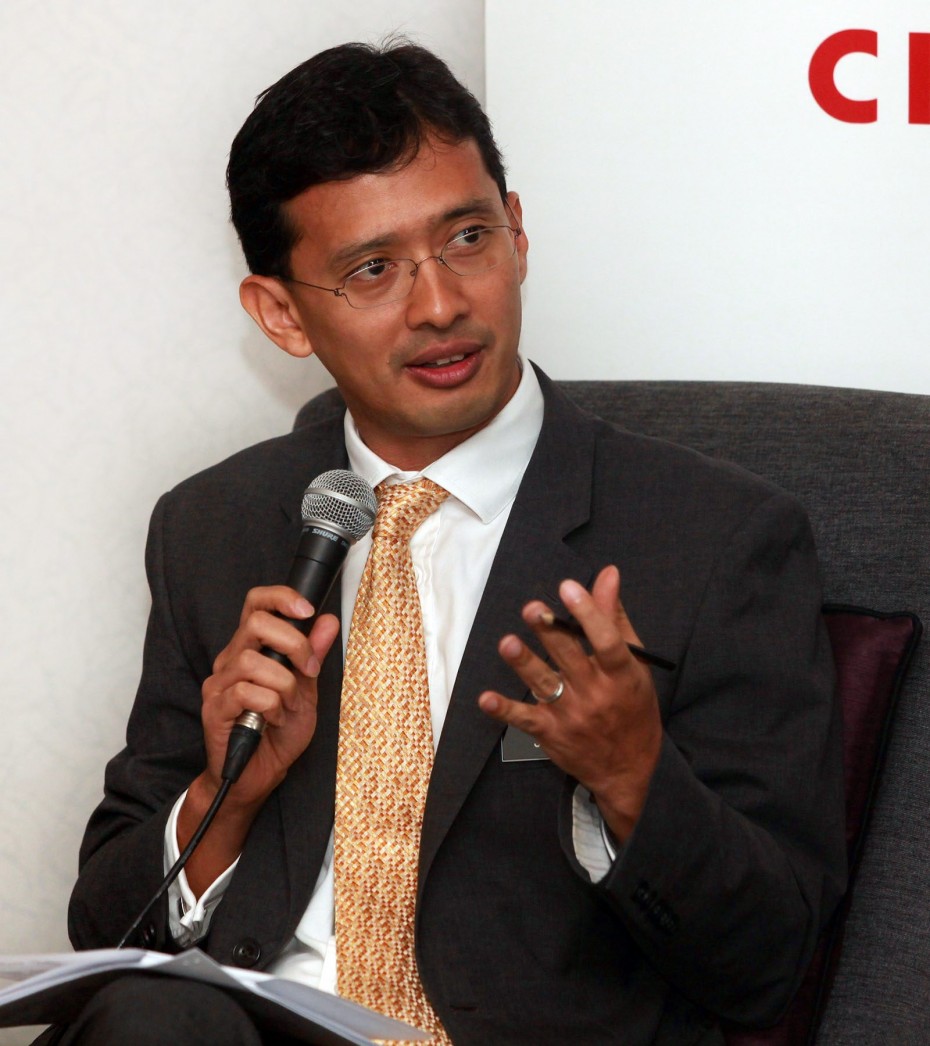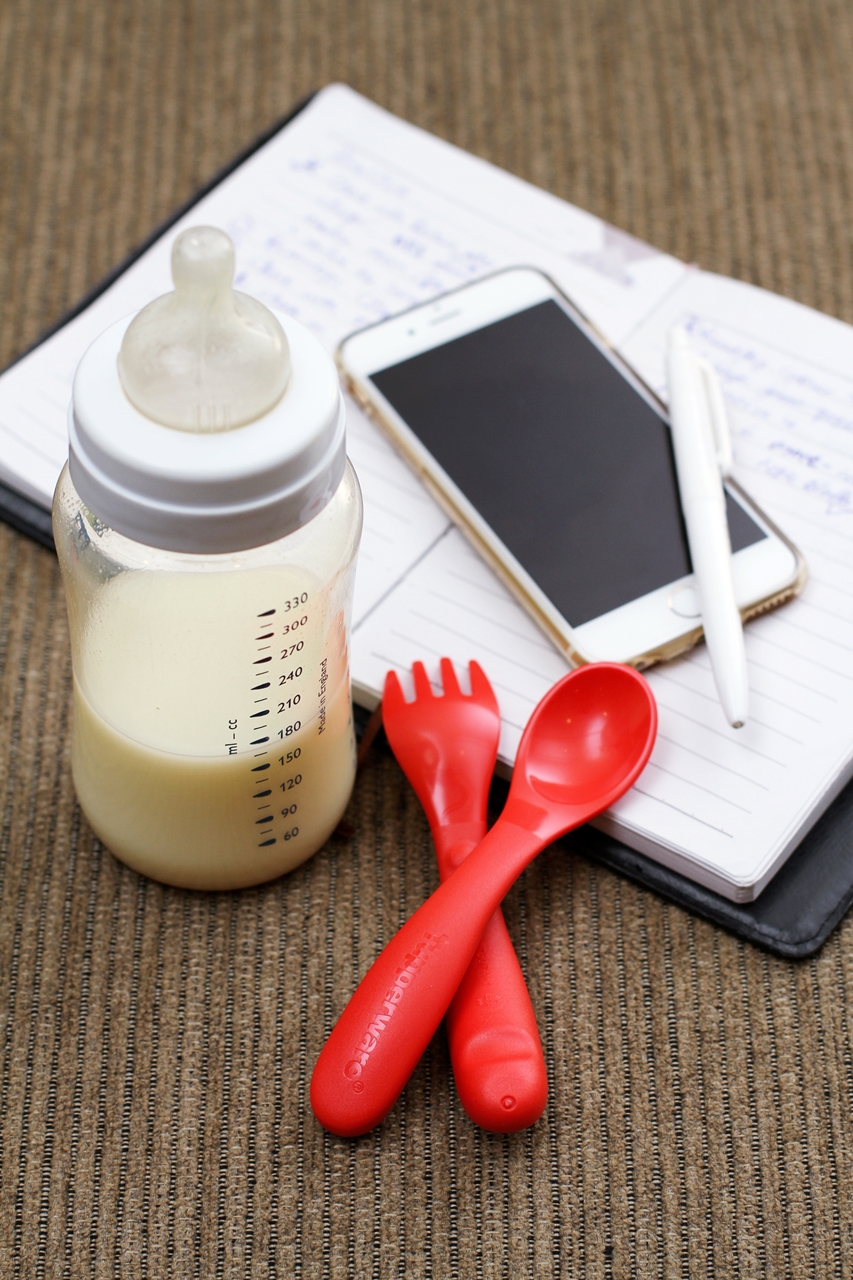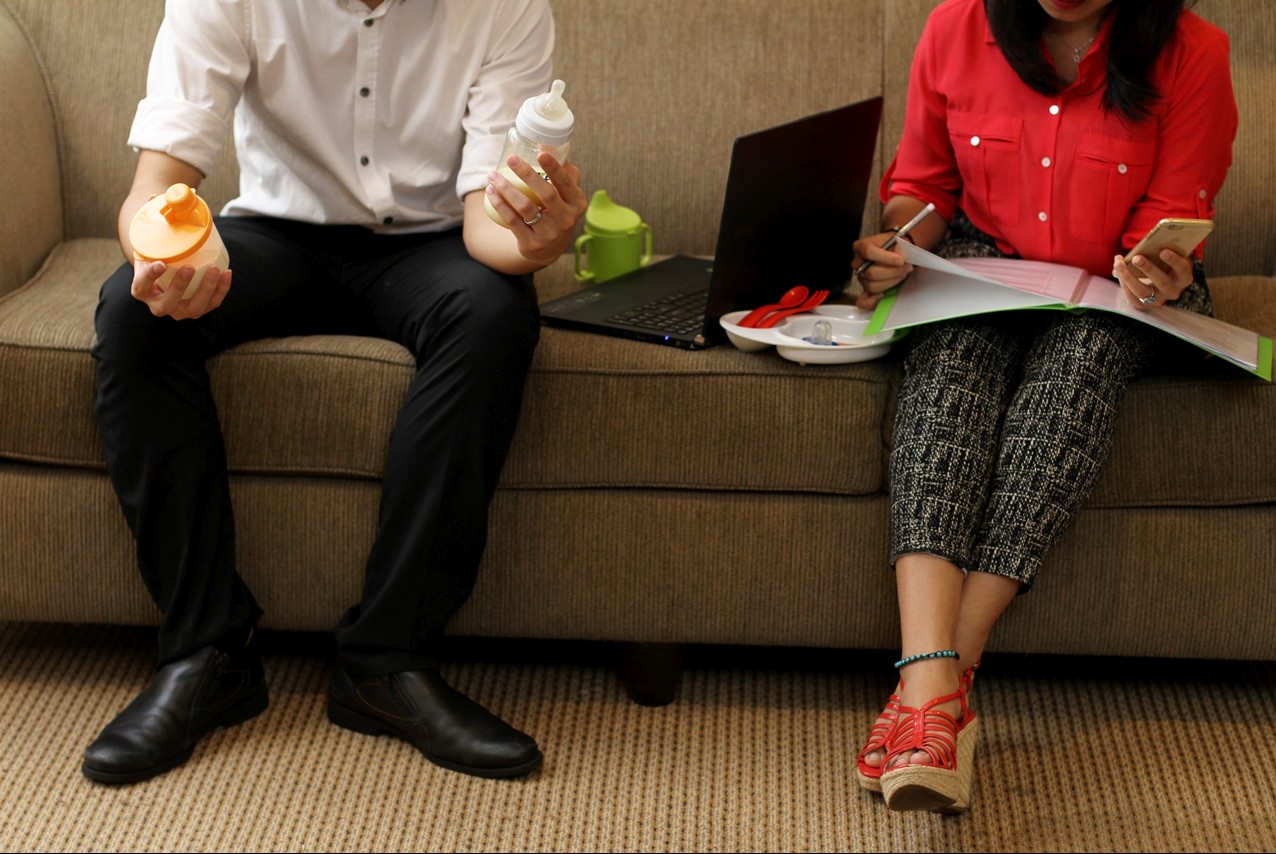By SAMANTHA CHOW, ABIRAMI DURAI and VIVIENNE WONG
alltherage@thestar.com.my
IT’S sad but true – for most young women in Malaysia, having a child would mean letting go of their professional hopes and dreams.
A 2013 survey by the Ministry of Women, Family and Community Development and United Nations Development Programme (UNDP) showed that over 70% of married women in Malaysia were unemployed because they had to look after their children – and many of them attributed this to a lack of childcare support, uncooperative husbands and rigid working conditions.
And that was the case for Lydia (not her real name), 29, who had to resign to care for her daughter, simply because she was expected to.
“I did not have anybody who would help care for my baby full-time, and my parents believe that as a mother, I should quit my job to care for my child,” she said.
Lydia eventually found a job with flexible working hours that allowed her to care for her baby while fulfilling her career needs. Not all young mothers are that lucky.
Sabrina Jasman, 25, loved her job at a bank, and the money it paid would have come in handy for her young family, but because there were no part-time opportunities or flexible work arrangements available, she had to resign when she became a mother recently.
And by giving women like Sabrina and Lydia so little flexibility to get back into the workforce after childbirth, the country could be facing some serious socio-economic issues in the long-run.
Mums have no choice
The challenges of the working mother begin the moment the child is born. Many private companies in Malaysia do not have friendly maternity benefits, such as sufficient paid maternity leave and flexible work schedules.
By law, the minimum paid maternity leave is 60 days, which is among the lowest in the region. Singapore and Australia get 16 and 18 weeks of paid maternity leave respectively.
Aresandiran Jaganatha, President and COO of Malaysian Institute of Human Resource Management, said companies here tend to provide the bare minimum of 60 days.
“Maternity leave is a very important need, and companies need to show their support for it. Don’t compromise social obligations over profit gains,” he said.

According to Johan, companies tend to comply to consumer demand quickly but are slow to act on their employees’ needs. “Talent is our number one asset and priority. We need to be responsive to them.” — Photo: CHAN TAK KONG/The Star
Sixty days isn’t enough for a mother to bond with her infant, and many mothers find it difficult to leave their newborns at home as they go back to work.
Wynesse Ang, 25, said she tried returning to work at the end of her maternity leave. But two months was too short, and she was still breastfeeding. So Ang, as with many other young Malaysian mothers, was forced to either take unpaid leave or resign to spend more time with her child.
Ang believes the minimum length of paid maternity leave should be increased, as the child is usually only old enough to be left with a nanny or childcare centre at around six months.
Now, Ang plans to wait until her child is three and old enough to attend kindergarten before returning to work.
“I’m lucky to have my mother-in-law and a full-time maid who will be able to care for my child when I eventually return to the workforce,” said Ang.
Until then, Ang and her husband will have to spend very wisely with only one wage earner in the family.
According to Rekindle Centre for Systemic Therapy founder and clinical director Dr Johnben Loy, these days, “there are more nuclear families of just mother, father and children” living alone. Not a lot of young couples will have extended family members who can help care for their children.
Expecting mum Corina Ghouse, 25, said sometimes it makes more sense for one parent to quit his or her job to care for the child, because childcare services are so expensive.
“Babysitters charge up to RM1,500 a month per child,” she said. “Some people can’t afford that, so it would be more affordable to have a stay-at-home parent.”
Flexible work arrangements
When she returns to the workforce, Sabrina will insist on flexi hours so she can spend more time with her child. “Also, it would be great if they have nursing rooms or a nursery so I can take my child to work knowing I can leave him in the nursery while I work,” she said.
Sabrina suggested that the regular working conditions in most offices aren’t fair for new mothers. “Having child-friendly facilities within or near the office will encourage women especially new mothers to continue working,” she said.

Sabrina and her husband both agree that she will return to the workforce, but are also facing a dilemma on childcare. ‘We have heard so many frightening news of child abuse in nurseries, but we have no choice since we don’t have any family members nearby who could take care of our child while we are at work.’ — Photo: Sabrina’s own
A survey by TalentCorp-PwC found that only a third of Malaysian corporations have some form of flexibility when it comes to work schedules. It is certainly not good enough, as the UNDP survey showed that more than 50% of the women interviewed agreed that a flexible work setting is an incentive in retaining their jobs.
The Malaysian working environment is a traditional setting where the boss expects to see the subordinate when he comes to the office and when he leaves.
Johan Merican, CEO of TalentCorp Malaysia said that physical presence in the office is not necessarily linked to productivity. At a roundtable discussion earlier this year on the working habits of young people, Johan said some organisations found having work flexibility does not compromise the end result.
“The companies found that by investing trust in their employees, they actually end up more productive,” he said.
One way of practising job flexibility is by “job sharing”, where a job that was previously done by one person is divided between two people working separate shifts. The TalentCorp-PwC survey found that only 12% of employees practice job sharing.
With millennials coming out to the job market, Malaysian companies will have to learn to adapt to the expectations of this generation.
Daddy issues
While Dr Loy said it would be “ideal” if both parents could be involved in caring for newborns, the reality is very that simple, so it shouldn’t be forced on all couples.
“Having said that, when a father is involved in caring for an infant, there’s a bond that can be created so the infant can develop attachment to the father,” he said.
“If the father is also involved in changing diapers and feeding the infant, then there will also, hopefully, be a bond between the couple.”
In Malaysia, it is difficult to get fathers involved from the start. There is no law that requires employers to provide paternity leave, and that automatically shifts the burden of childcare to the mother. The average employer gives two days off, whereas more generous companies allow up to 14 days.
Either way, most young mothers we spoke to feel their husbands don’t get to spend enough time bonding with the child during those crucial early months.
“I had to go through confinement alone for two months, and it is difficult to cope especially when my husband had to go back to work after a few days. Besides, young fathers need time to adjust to their new ‘lifestyle’ and one week definitely does not help at all,” said Sabrina.
Also, when the mothers eventually decide to return to work, it is much easier on the family relationship when the burden of caring for the child is shared with the father.
Lydia has a solution to allow young couples more flexibility: “The child should have the mother for the first six months, then the father should have the option of taking paternity leave for the next six. This way, the child would have the love and care of either parent for at least a year.”

Young Malaysian mums prefer to leave their child with a trusted carer like their parents or parents-in-law when they go to work. Sadly, not everyone has that option. — Photo: RAYMOND OOI/The Star
It’s something already practised in Britain, called shared parental leave. If the mother wants to return to work, the father can take up her share of leave – for up to 52 weeks!
Working mums make a difference
Malaysia’s labour force participation rate (the amount of people either employed or actively looking for jobs) among women was at a dismal 46% in 2012, compared to Thailand (70%) and Singapore (60%).
The government made an effort to increase that number, which now stands at 54%, translating to an additional 600,000 women in the workforce, contributing an extra 0.3% growth in GDP each year.
Nevertheless, public university enrollment in 2014 was 70% female. To have only 54% of them in the workforce is clearly disproportionate.
Prime Minister Datuk Seri Najib Tun Razak said at the recent United Nations General Assembly that the government aims to push it to 59% by 2020, but Singapore, Thailand and Vietnam are already above 60%, so we have quite a bit of catching up to do.
But having women in the workforce isn’t all just about economic benefit. A 1998 study by University of Michigan showed that children raised by working mothers were more likely to do better in school, and earn higher wages later on.
The study also showed that the children obtained higher test scores than those with stay-at-home mums. On top of that, having a father share childcare responsibilities increased some of these effects.
A more recent Harvard study by McGinn, Castro and Lingo (2015) showed the same results. Respondents said working mothers were role models who demonstrated that women are able to contribute at home and at work.
For those with parental guilt about not spending enough time with your children because of work, don’t feel bad. The Harvard study also showed that women raised by working mums actually spend more quality time with their kids as a result.







Tell us what you think!